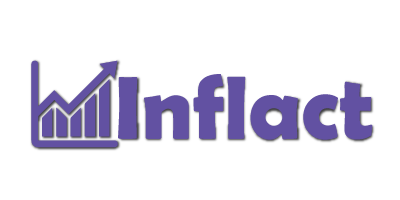Your lab’s success hinges on more than just brilliant minds and cutting-edge equipment. The tools you choose to manage research, analyze data, and collaborate can make the difference between breakthrough discoveries and frustrating bottlenecks.
Laboratory Information Management Systems
LIMS platforms revolutionize how you track samples, protocols, and results. Think of them as your lab’s memory system—they remember everything so you don’t have to. When you’re juggling multiple projects, these systems prevent the small errors that can invalidate months of work.
Modern LIMS solutions integrate with your academic research supplies, automatically capturing data and reducing transcription errors. They also create audit trails that reviewers and regulatory bodies love to see.
Starting with Smart Reference Management
You’ve probably experienced the chaos of scattered PDFs, lost citations, and the dreaded “I know I read that somewhere” moment. Reference management tools like Zotero, Mendeley, or EndNote become your research lifeline. They don’t just store papers—they organize your intellectual journey.
When you’re deep in a literature review at 2 AM, these tools help you track themes, flag contradictions, and build the foundation for your next hypothesis. The real magic happens when your entire team uses the same system, creating shared libraries that prevent duplicate work and missed connections.
Data Analysis That Actually Makes Sense
Your data deserves better than hastily assembled spreadsheets. Statistical software like R, SPSS, or specialized platforms transform raw numbers into meaningful insights. But here’s what many researchers miss: the tool should match your team’s skill level and research needs.
If you’re running complex analyses, R’s flexibility might be worth the learning curve. For straightforward statistics, user-friendly options like GraphPad Prism can get you from data to publication-ready figures faster. The key is choosing tools that your entire team can use confidently, not just the statistical wizard in your group.
Collaboration Tools That Bridge Distance
Research rarely happens in isolation anymore. Your collaborators might be across campus or continents, making seamless communication essential.
Platforms like Slack or Microsoft Teams keep conversations organized by project, while cloud-based notebooks like LabArchives ensure that everyone has access to the latest protocols and observations. Video conferencing tools have evolved beyond basic meetings—screen sharing during data analysis sessions can solve problems in minutes that might take weeks through email exchanges.
Project Management for Research Minds
Academic projects have unique challenges: shifting hypotheses, unexpected results, and fluid timelines. Traditional project management tools often feel too rigid for research environments.
Consider platforms designed for R&D workflows, like Monday.com or specialized research project managers. These tools help you balance structured planning with the flexibility that discovery demands. You can track milestones while accommodating the inevitable pivots that make research exciting.
Making the Investment Decision
Budget constraints are real, but consider the hidden costs of inefficient tools. How much time does your team spend searching for files, recreating lost work, or struggling with incompatible software? Quality research tools often pay for themselves through improved productivity and reduced errors.
Start with free or low-cost options to test workflows, then invest in premium features as your needs become clearer. Many vendors offer academic discounts that make professional-grade tools surprisingly affordable.
Your Path Forward
The best research tools are the ones your team actually uses. Start by identifying your biggest pain points—whether that’s citation chaos, data analysis bottlenecks, or communication gaps. Address one challenge at a time, giving your team space to adapt before introducing new systems.
Tools should enhance your research process, not complicate it. When chosen thoughtfully, they become invisible partners in your scientific journey, freeing you to focus on what matters most: making discoveries that change the world.




